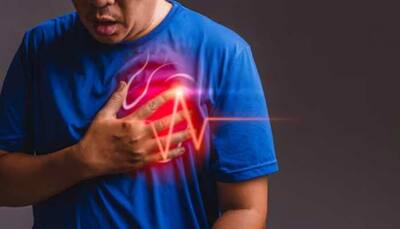A new study reveals that depression can hinder athletes' recovery from a concussion, and having both conditions aggravates the severity of each. Researchers of the study found that student-athletes suffering from both concussion and depression experience worse symptoms for both conditions compared to those with just one. The study was published in the journal Brain Research.
The research team, led by Owen Griffith, a doctoral candidate in kinesiology at Penn State, observed that electrical signals in the brain are more disrupted in people with both conditions than in those with only one. "We wanted to measure -- both subjectively and objectively -- whether these two neurological conditions have a compounding effect on each other, and our study demonstrated that they do," Griffith said. The study involved 35 college athletes (10 males and 25 females) who underwent electroencephalogram (EEG) brain scans and screenings for concussion and depression.
Athletes who had both conditions reported nearly twice as many depression symptoms as those who had only one. Moreover, these athletes experienced worse and prolonged post-concussion symptoms than their peers who suffered from a concussion alone. Brain wave patterns, measured through EEG scans, revealed a substantial disruption in functional connectivity between different brain regions in people with both depression and concussion.
"These EEG measurements show that functional connectivity between brain areas is significantly disrupte.


















